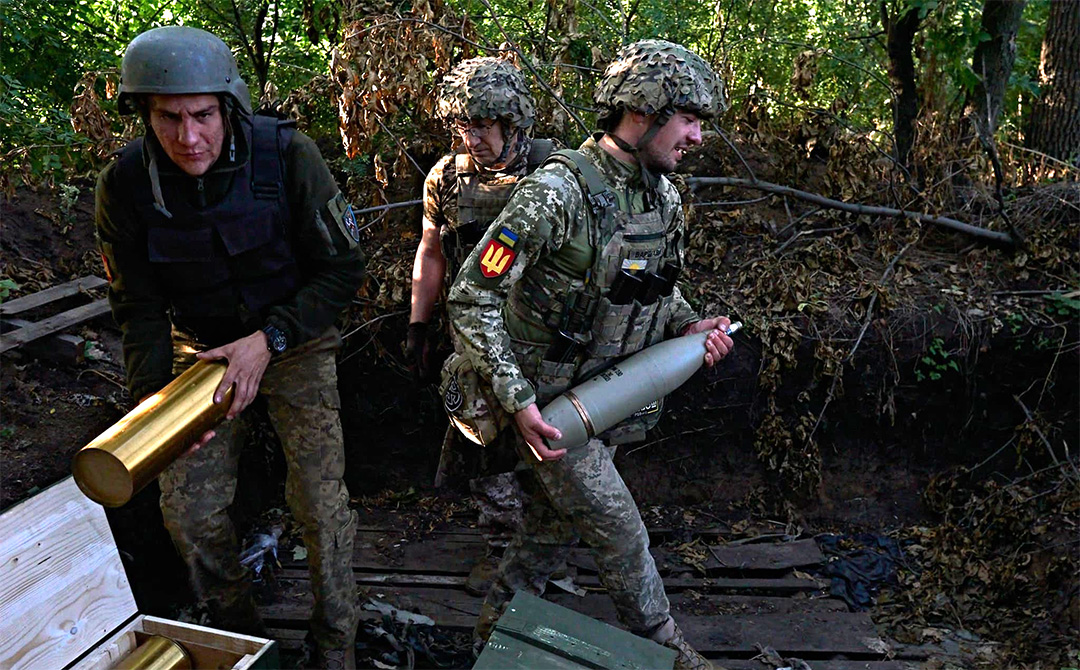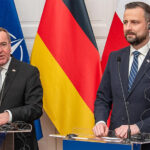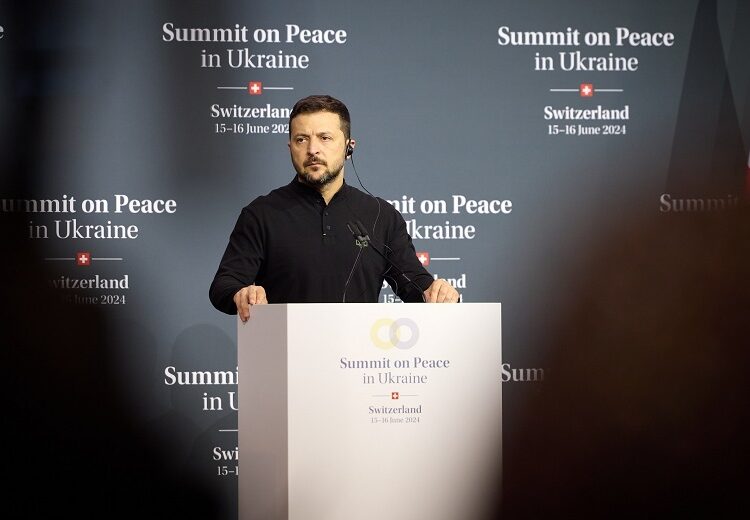Slovenia has joined the Czech-led initiative to purchase artillery ammunition for Ukraine outside of Europe. The government of Slovenia will allocate €1 million for this purpose, as reported on March 18 by the Slovenian Ministry of Defence, according to The Slovenian Times.
The Slovenian government discussed this Czech initiative at its meeting last week, as reported by the Slovenian Ministry of Defence. However, the ministry did not provide any details other than the amount of aid, citing the confidentiality of documents.
According to European media reports, over 15 countries have joined the coalition initiated by the Czech Republic, including not only EU member states but also Canada, with Slovenia now joining as well.
Last week, Czech National Security Advisor Tomáš Pojar stated that Ukrainian forces will start receiving ammunition no later than June. The first batch of 300,000 artillery shells has already been confirmed, with another 200,000 expected later, announced Czech Prime Minister Petr Fiala.
Recall that last month, the Czech Republic proposed purchasing ammunition for Ukraine outside of Europe due to insufficient production capacity within the EU. The Czech initiative raised the necessary amount to purchase 800,000 ammunition units, which the country managed to find in undisclosed countries outside of Europe.
Today Poland and Germany are forming an armoured coalition in support of Ukraine. Warsaw and Berlin lead this project, joined by the United Kingdom, Sweden, and Italy. German Defence Minister Boris Pistorius emphasized the long-term nature of this coalition, stating that its main goal is to increase defence production within the framework of Polish-German cooperation.
The defence ministers of Poland and Germany also announced the formation of Rapid Response Forces in Europe. They stated that by July of this year, combat groups consisting of 2,500 military personnel from both countries will be ready for operational deployment. The Polish defence minister noted that other countries have not yet joined these efforts due to a lack of the necessary capabilities possessed by Poland and Germany.
Source: The Gaze







